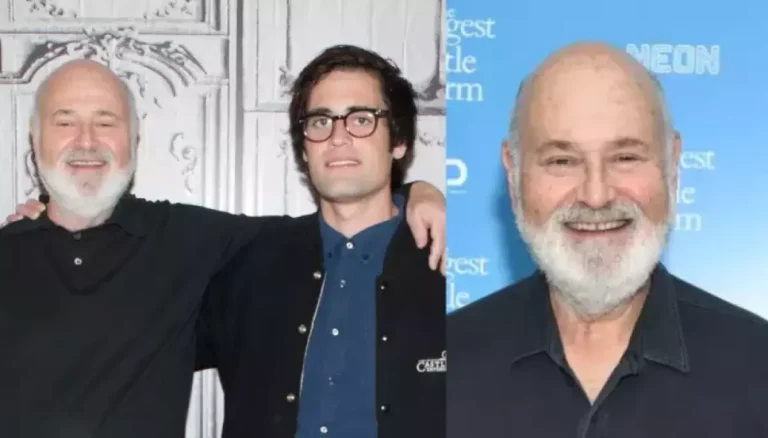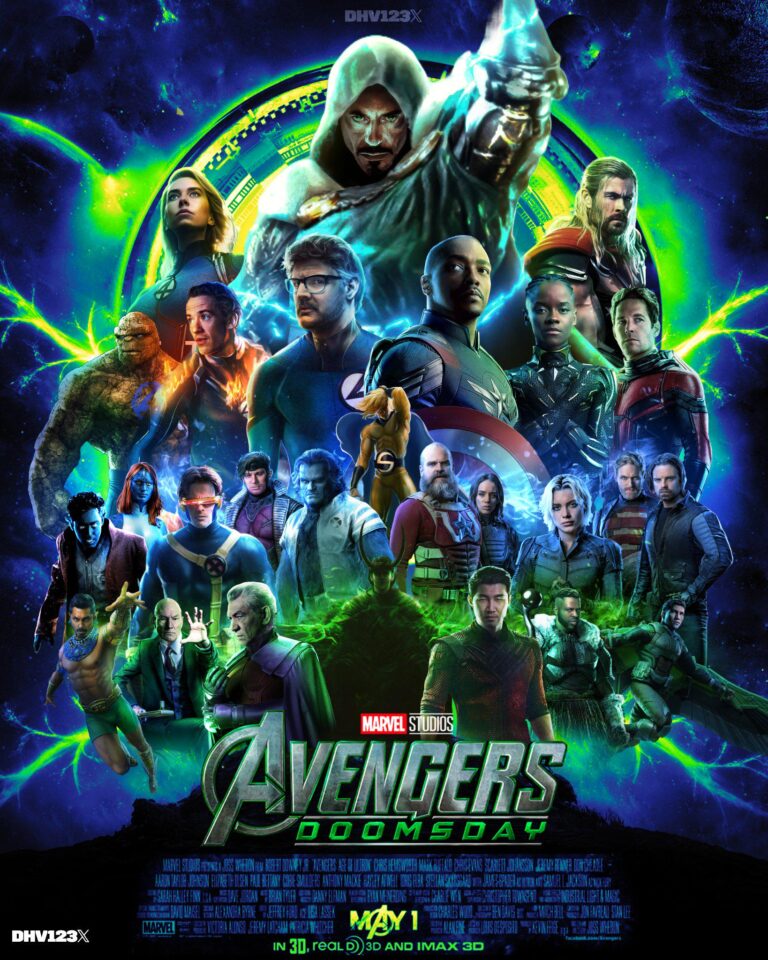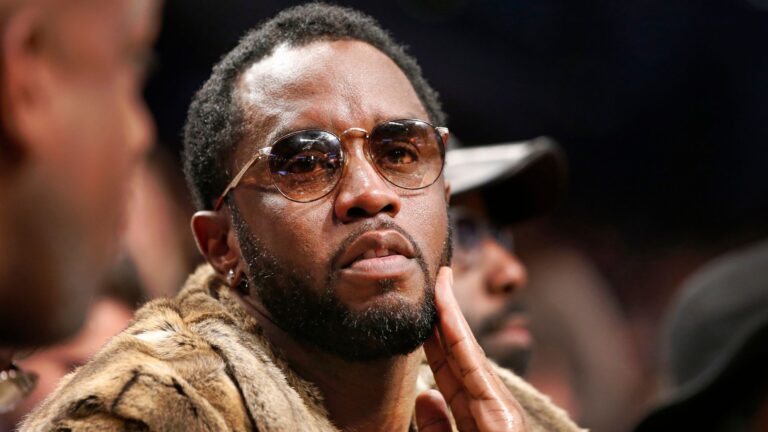“Young Thug”—the rapper—is now a free man. Here are some key details about his plea:
Young Thug, a rapper, pleaded guilty to crimes related to gangs, drugs, and guns and is now free.
Young Thug was freed from jail on Thursday evening, some two-and-a-half years after he was detained on charges related to a massive gang and racketeering indictment. Considering the trial’s length and the difficulties it has encountered, this was a noteworthy step.
Beginning in January 2023 and continuing for almost ten months, the Fulton County courthouse in Atlanta was the site of jury selection. Since last November’s opening remarks, the prosecution has presented testimony from scores of witnesses in the trial of six defendants.
Some background information on the plea is provided below:
The quirky Atlanta-based musician Young Thug (real name: Jeffery Lamar Williams) is famous for his mumble rapping and high-pitched, squeaky voice. His 2018 singles “Stoner” and “Best Friend” catapulted him to stardom, and in 2019, he co-wrote the Grammy-winning hip-hop single “This is America” with Childish Gambino.
Among Young Thug’s notable collaborators are Drake, Chris Brown, T.I., and Travis Scott. The session that Elton John had with Young Thug, Nicki Minaj, and Gunna for the song “Always Love You” was an “amazing moment,” he said shortly after.
He defied the stereotypically macho hip-hop aesthetic by declaring that gender is irrelevant and appearing in a frock on the cover of his 2016 mixtape “Jeffery”—all as part of a Calvin Klein promotion.
The 33-year-old Young Thug was a child growing up in a violent and crime-ridden Atlanta housing complex.
His initial indictment and subsequent arrest occurred on May 9, 2022. In August of the same year, the indictment included additional counts. The second indictment stated that Young Thug and twenty-seven individuals had conspired to break RICO, the Georgia statute that prohibits racketeer influence and corrupt organizations. The musician faced allegations of drug and weapons usage in addition to gang membership.
Young Thug was one of three individuals charged by prosecutors with co-founding the deadly criminal street gang Young Slime Life (YSL) in 2012. Prosecutors link the YSL gang to the national Bloods gang. In his songs and on social media, Young Thug “made YSL a well-known name,” according to the indictment.
The prosecution portrayed him as King Slime, the head of a criminal group, who orders his followers to commit crimes.
A plan to remove Young Thug from the protracted trial had been in the works, with prosecutors and his attorneys attempting to strike an agreement. However, because of conditional disagreements, such endeavours came to a standstill.
When asked about the talks by the media following the sentencing, Young Thug’s lawyer, Brian Steel, declined to comment. “They would let him out of custody, but they would have a tether around him so tight that it’s unconscionable,” he said, adding that prosecutors were requesting “outrageous” terms.
The rapper, however, proceeded with a “blind” plea—entering pleas without having an agreement in place with prosecutors—which might have been problematic.
Three drug counts, two gun charges, and one gang charge were all to which he pleaded guilty. He not only pleaded not guilty to two gang counts and one racketeering conspiracy charge but also chose not to challenge the allegations and faced the appropriate punishment.
No, provided he fulfils the terms of his sentence.
Judge Paige Reese Whitaker of Fulton County Superior Court handed down a 40-year term to him. Judge Paige Reese Whitaker scheduled the first five years in jail before converting it to time served. Followed by a fifteen-year probationary period. Last but not least, if he adheres to all probationary rules, a “backloaded” 20 years behind bars will become time served. Twenty years in jail await him if he fails to satisfactorily fulfill his probation.
The prosecution was seeking a 45-year jail term for Young Thug, with an additional 20 years suspended for probation. Prosecutor Adriane Love said that the allegations against him might result in a maximum jail term of 120 years.
Steel had asked for a 45-year sentence, which included 40 years on probation and five years of time served.
His sincere apologies were extended to courtroom deputies, his family, his supervisors, and “really everybody that got something to do with this situation” for the time his case consumed.
He pleaded with the court, saying, “I hope you let me go home today and just trust me to do the right thing.” He assured her that he would never again find himself in such a predicament.
I’ve come a long way, baby, from where I started. Despite starting from nothing and having accomplished nothing, I didn’t make the most of what I had. He expressed his apologies.
In addition to trying to give back, he informed her that he has reinvested millions of dollars into his community and that he is aware of the influence he has on others.
For the first ten years of his probation, he is required to remain outside of the census-defined metro Atlanta region, with the exception of weddings, funerals, graduations, and the very sick of intimate family members. His arrival window is 24 hours before the event, and his departure window is 48 hours thereafter.
But he also has to go back to the Atlanta region four times a year throughout probation to speak about gun violence and gangs at elementary, middle, or high schools, as well as at groups like the Boys & Girls Club. He may be eligible to have such visits included against the 100 hours of community service that are required of him every year while on probation.
Additionally, he must not intentionally associate with any gang member. The court stated that his brother and the rapper Gunna, with whom he has a contractual commitment, are the only exceptions to this rule.
He cannot participate in illegal street gang activities or represent any group in any way, not even with hand signals.
His additional restrictions include not being able to contact the victims or their families, being prohibited from owning firearms, abstaining from all narcotics except those prescribed to him, being subject to random drug testing, and allowing searches of his person, belongings, and devices.
The office of Fulton County District Attorney Fani Willis released a statement on Friday, stating that “The convictions in this case represent accountability for admitted members of YSL, a violent street gang.” Prosecutors have stated their intention to press charges against all remaining defendants.
Issues have plagued and prolonged the trial.
The admissibility of the defendant’s rap lyrics as evidence was a point of contention between the prosecution and defense counsel prior to the start of the trial. Judge Ural Glanville of Fulton County Superior Court, the original judge, allowed the introduction of select songs as long as prosecutors could demonstrate a link between the lyrics and the crimes Young Thug and others faced. Since the songs are considered constitutionally free expression, the defence team had requested the judge to remove them on the grounds that they would be unjustly biased.
One of Young Thug’s codefendants was stabbed in jail, forcing the trial to be delayed just weeks after prosecutors began presenting evidence.
During a public court hearing in June, Steel informed Glanville that he had heard that the judge, prosecutors, and a prosecution witness had met in the judge’s chambers. Glanville held Steel in contempt and sentenced him to ten weekends in prison after he failed to explain how he had learned about the meeting. The Georgia Supreme Court recently reversed the contempt judgment, which halted the execution of that sentence pending an appeal by Steel.
The next month, defence lawyers asked the judge to recuse himself from the case, pointing to the meeting he had with prosecutors and a state witness. Eventually, the judge removed Glanville from the case. This again delayed the appointment of Whitaker as his successor.
When Whitaker expressed her frustration with lead prosecutor Love in September, Love responded by claiming the case was presented in a “haphazard” manner and that Whitaker couldn’t determine “whether all of this is purposeful or this is just really poor lawyering.”
By the end of the week, three of the co-defendants had reached plea agreements with the prosecution. Two additional defendants are now the only ones remaining in the trial.
Nine indicted individuals, including Gunna, entered guilty pleas before the trial’s commencement. Twelve others will face separate trials. Following a defendant’s conviction for murder in a separate case, prosecutors decided not to press charges against him.



